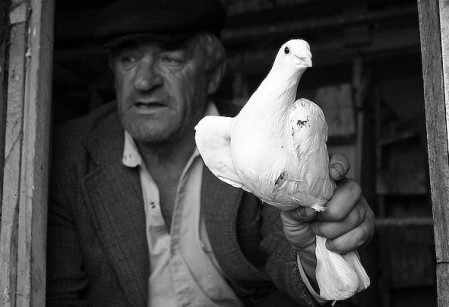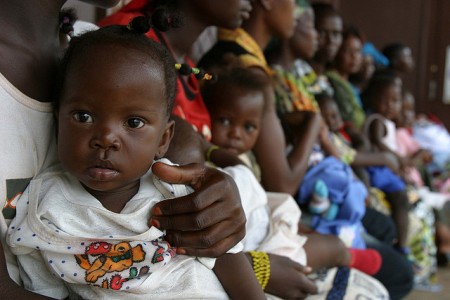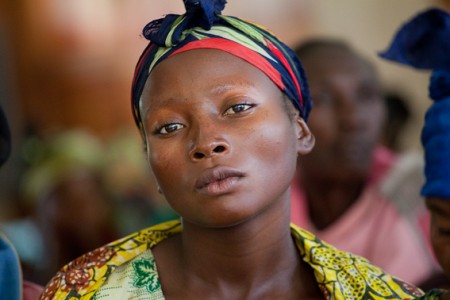
Last Sunday, parliamentary elections were held in Transnistria, where 123 candidates vied for 43 seats in the local Supreme Council. With the counting of the votes still ongoing, the favorite to hold on to parliament in this 530,000-strong quasi-state is the “Renovation Party”, which has also controlled the majority of seats in the past. For those who may be wondering, Transnistria is this long and narrow strip of Eastern Moldova bounded on one side by the Dnestr River and on the other by Ukraine.
After the dissolution of the USSR, Transnistria broke away from Moldova over fears that the former Soviet republic would seek reunification with neighboring Romania. In 1992, Moldova and Transnistria fought a short war which ended with a Russian-mediated settlement, enforced by Russian troops already stationed in the region. From the very first day, therefore, the breakaway region of Transnistria depended on Russia for support. Under growing international pressure, however, Russia then went on to sign the Treaty on Conventional Armed Forces in Europe at a 1999 OSCE summit in Istanbul, under which it pledged to withdraw all its troops and military equipment from Transnistria by 2002.
This pledge was, however, not adhered to.




